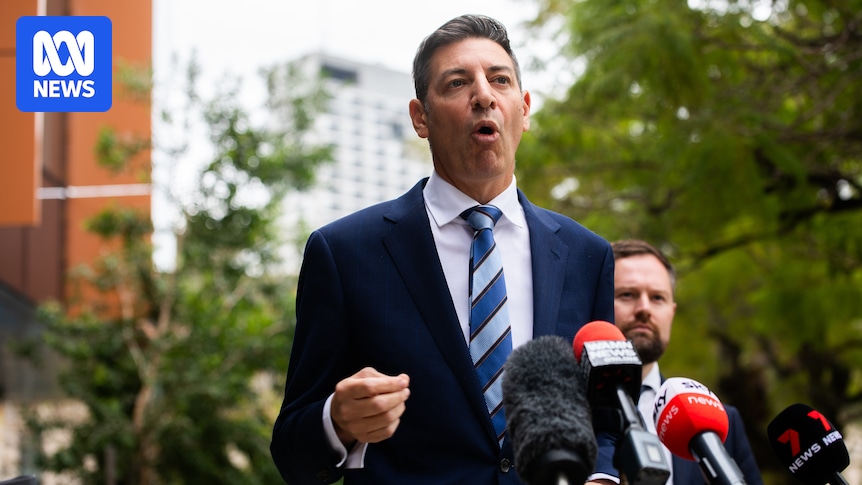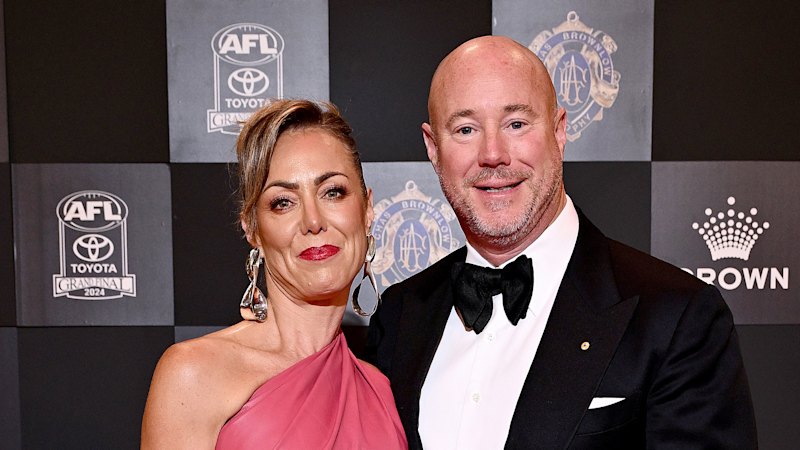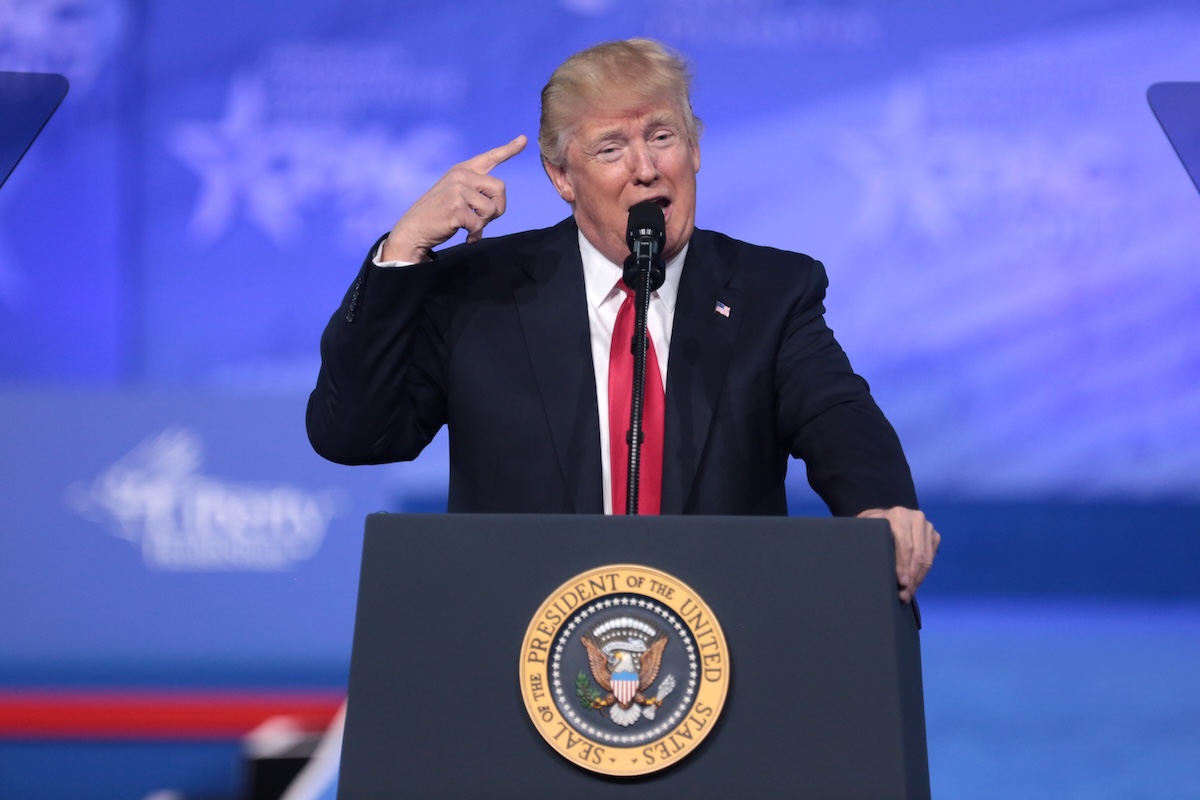
The Western Australian Liberal Party has made a significant move by endorsing a motion to abandon the net-zero greenhouse gas emissions target by 2050. This decision adds pressure on Australian Opposition Leader Sussan Ley to reconsider the federal party’s stance on climate policy. The motion was overwhelmingly supported at the WA Liberal State Council meeting, which also saw approval for reducing the presence of Indigenous and Torres Strait Islander flags at press conferences and cutting back on Welcome to Country ceremonies.
The meeting, held behind closed doors at a hotel in the electorate of federal MP Andrew Hastie, one of only four seats the Liberals currently hold in WA, did not require a ballot due to the strong support for the motions. Speaking after the meeting, Mr. Hastie emphasized the importance of sending a “clear signal” to Australians about the party’s values.
“We stand for something — we are willing to fight for our values and convictions,” Hastie stated. “Energy underlies everything in the economy, energy security is national security. If we’re not getting cheap, reliable, affordable power then we’re not going to be competitive as a nation.”
Political Context and Reactions
This development follows a challenging period for the Liberals in WA, where Labor increased its dominance after the May federal election by winning 11 seats. Meanwhile, independent Kate Chaney retained the seat of Curtin. As the party strategizes on how to regain lost ground, Sussan Ley has initiated a review of the Liberals’ energy and emissions reduction policy.
Mr. Hastie believes that highlighting what he describes as “Labor’s moral hypocrisy” could aid the Liberals in recovering seats nationwide. “We export a lot of our coal and gas to India and China, both their emissions are growing … and yet we deny coal and gas to the Australian people,” he argued.
“Well, I got the biggest swing in WA — 5.5 per cent — pretty sure I got a strong endorsement,” Hastie said, rebuffing claims that the Liberals were out of touch after their electoral defeat.
Debate Over Net Zero
The motion from the WA State Council, proposed by the Canning Division in Hastie’s seat, calls on the federal Liberal opposition to abandon the 2050 net zero target. It suggests reforming “the legislated net zero incentives, subsidies and penalties” while affirming a commitment to clean energy without compromising Australia’s economic and national security.
According to the motion, Australia should leverage its natural resources of coal, gas, and uranium to generate stable, reliable, and affordable power. It argues that the three countries responsible for over 50% of global carbon emissions — China, the United States, and India — “have no intention of meeting Net Zero by 2050.”
“Attempts to decarbonise Australia are destabilising our energy grid, forcing up power prices and damaging our national and economic security,” the motion stated. “Net zero 2050 is slowing Australian productivity, diminishing our standard of living, hurting families and businesses and hollowing out our industrial base.”
Controversy Over Ceremonial Practices
The WA Liberal Party’s Policy Committee also put forward a motion concerning the display of flags and Welcome to Country ceremonies. It called for the federal opposition to recognize only the Australian national flag alongside those of states, territories, or government institutions like the military. The motion criticized Welcome to Country ceremonies as “divisive and tokenistic,” arguing they do little to improve the lives of disadvantaged Australians.
“While they may originally have been well-intentioned, they are now often divisive and tokenistic,” the motion claimed.
Implications and Future Steps
The decision by the WA Liberal Party represents a significant shift in the party’s approach to climate policy and cultural recognition. As the federal opposition leader, Sussan Ley faces increased pressure to navigate these internal party dynamics while addressing broader national and international climate commitments.
The review of the Liberals’ energy and emissions policy is expected to further ignite debate within the Coalition, with figures like Nationals MP Barnaby Joyce already proposing legislation to abandon the net-zero target. The outcome of these discussions could have profound implications for the party’s future electoral prospects and Australia’s climate policy trajectory.
As the political landscape continues to evolve, the Liberal Party’s stance on these issues will be closely watched by both supporters and critics, with potential ramifications for Australia’s energy policy and international relations.







